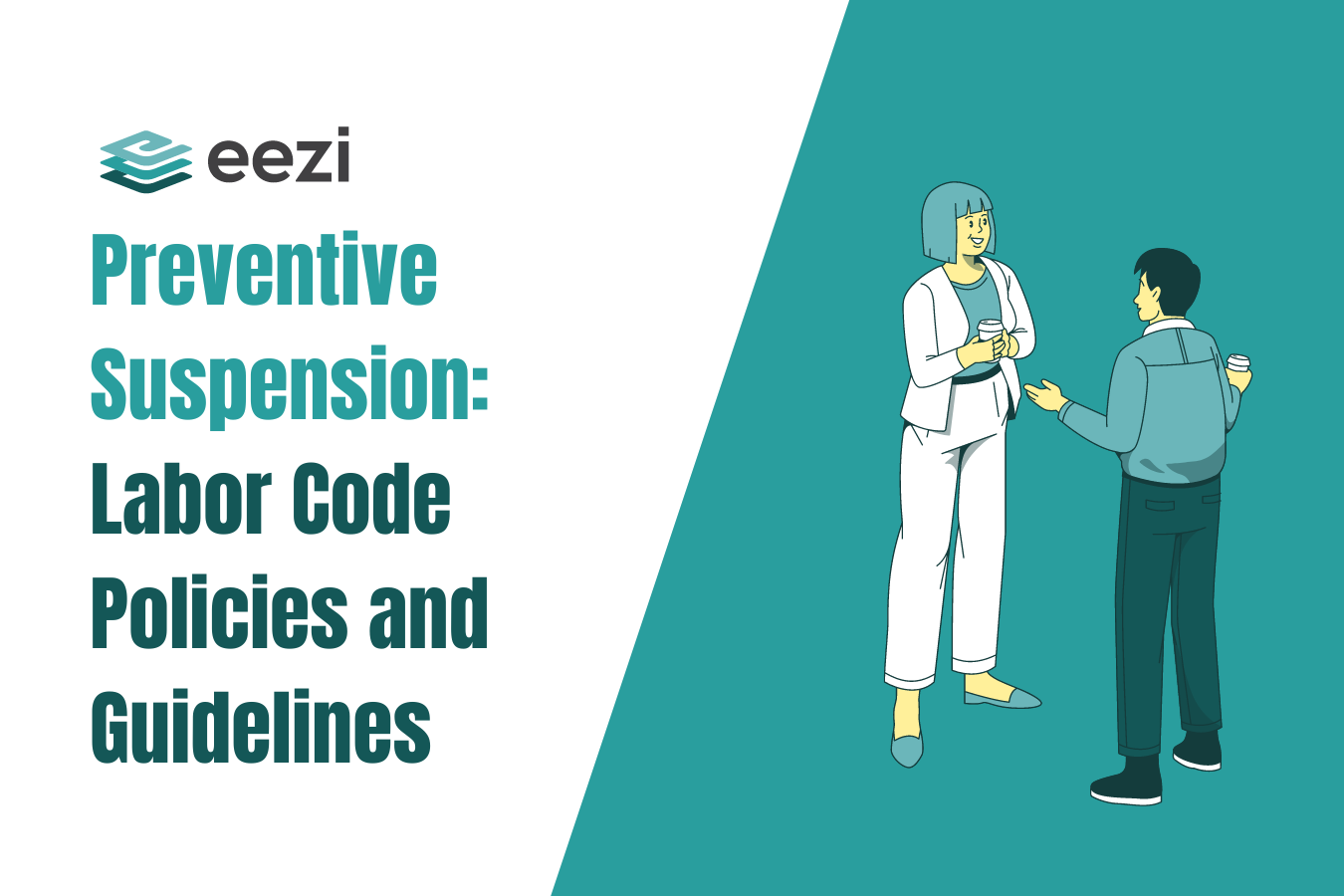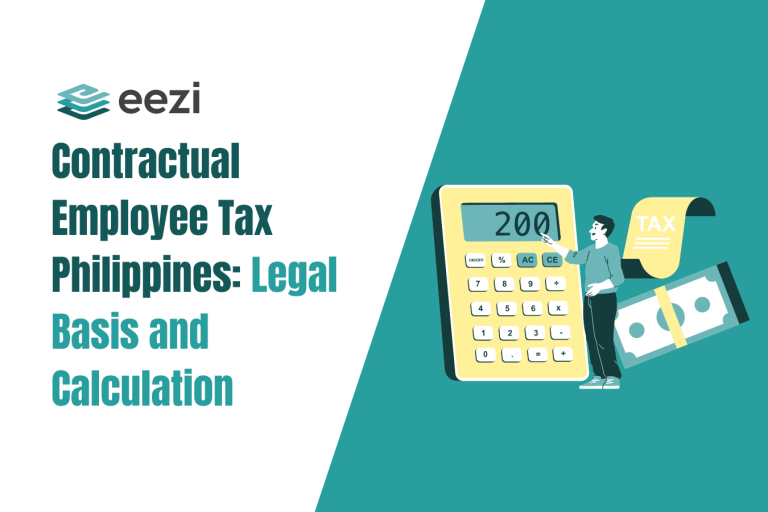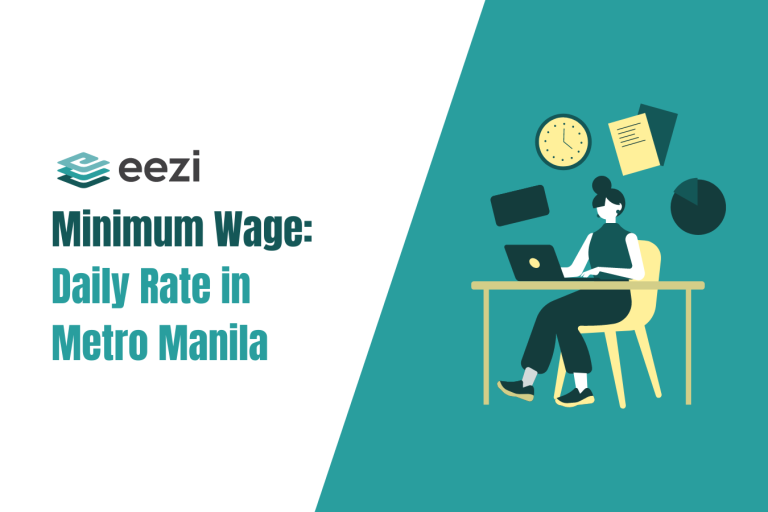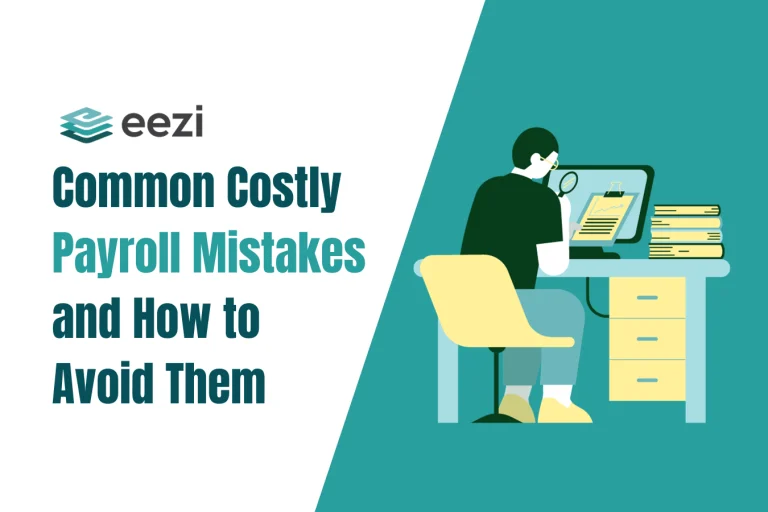How long can a preventive suspension of an employee remain legal in the Philippines?

There are cases when an employer takes disciplinary action against erring employees in the workplace. This includes general misconduct, insubordination, performance issues, tardiness, and absenteeism. It may also be due to misuse and vandalism of company property or harassment and discrimination against co-workers.
Generally speaking, any act that amounts to a threat to the life or property of the employer, their assets, or their working methods could result in a preventive suspension.
Disciplinary actions for employees
Termination
Constructive dismissal or termination is the final verdict in many worst-case scenarios. However, it might not be the best course of action if there is an imminent threat to the life of the erring employee’s co-workers or the property of the employer.
In this case, an employer, at their own discretion, may place the worker concerned under preventive suspension. However, there must be an imminent threat present.
Preventive suspension
A preventive suspension, on the other hand, is imposed on a worker whose employment poses a serious threat to the company’s property pending investigation. However, the applicable company rules and regulations may vary.
Moreover, this suspension is a legal disciplinary tool guaranteed by the Philippine Labor Law. This helps companies and employers create a healthy and beneficial environment for all their workers, stakeholders, investors, and assets.
Read on to learn the guidelines on preventive suspension.
What is preventive suspension?

A preventive suspension is an option that an employer can use to protect the company, its properties, and other resources. Generally, this is meant to protect company assets from a worker whose continued employment poses a serious and imminent threat.
This disciplinary measure is applicable pending an investigation with a worker concerned who may have committed unethical actions or behavior against the company and its assets.
What happens to employees under preventive suspension?
During the suspension period, the employee will not receive regular pay or other benefits. After a suspension, an actual reinstatement, including payroll reinstatement, may be possible. However, this only applies if the suspension is deemed unjustifiable or if the concerned employee is proven not a threat to the life or property of the employer.
Preventive suspension is executed in good faith and is a management prerogative.
Can an employer suspend an employee indefinitely?
An employee who was preventively suspended for alleged malfeasance may only be suspended for the maximum period allowed, which is 30 days, according to the implementing rules of the Philippine Labor Laws.
An employer cannot suspend an employee for an indefinite period without just cause. The employer shall thereafter reinstate said employee to his former position or work assignments, including other privileges, under lawful orders.
In addition, it is an employee’s inherent right to appeal a preventive suspension for allegations of misfeasance committed without due process.
How can an employee appeal to their preventive suspension?
The employee can plead his case with the National Labor Relations Commission (NLRC), a quasi-judicial agency affiliated with the Department of Labor and Employment (DOLE).
It is the NLRC’s role to maintain and ensure peace and good relations in the industrial and business sectors based on social justice.
Its main scope is to resolve labor and management disputes among local and overseas workers through arbitration and other alternative options to resolve disputes and other related discrepancies.
How does continued employment become a serious and imminent threat?
Continued employment may become an imminent threat to a company if an employee is found to be involved in infractions. Such infractions can range from minor to destructive.
Depending on a case-by-case basis, preventive suspension or even termination may be applicable if an employee has committed any acts of misconduct or negligence under the following conditions:
- insubordination
- willful disobedience
- tardiness
- absenteeism
- belligerence
- decline in productivity
- substance use and abuse
- harassment and discrimination against fellow employees and superiors
- embezzlement of company funds
- destruction and vandalism of company property
- misuse of company technology and resources
- breach of confidentiality
- selling of company and stakeholders’ private information
- misappropriation of company assets
- any other form of conduct that goes against company policy.
What are the Labor Code guidelines for preventive suspension of employees in the Philippines?
Section 8 of the Omnibus Rules for Implementing the Labor Code provides employers the guidelines for preventive suspension in the Philippines.
Again, this only applies when a worker’s continued employment threatens a company and its properties (Rule XXIII, Book V). Moreover, here are the specific provisions in the law:
- The preventive suspension must last longer than thirty (30) days.
- The employer must reinstate the employee in their previous or substantially equivalent position after the suspension.
- An employer may opt to extend the period of suspension. However, they must pay the wages and other benefits that the worker should receive during the suspension extension.
- Workers are not obligated to reimburse the amount paid to them during the extension of the preventive suspension.
Is it legal to suspend an employee without prior notice?
An employer may place a worker concerned under preventive suspension without prior notification. However, the employer is expected to always act in accordance with legally recognized disciplinary proceedings.
More importantly, the malicious suspension imposed on employees may result in moral and exemplary damages when there is substantial evidence.
What is the maximum period of preventive suspension?
As per the Omnibus Rules Implementing the Labor Code of the Philippines, a preventive suspension should not exceed a maximum period of 30 days.
But suppose the suspension exceeds the lawfully indicated time frame. In this case, the suspended employee may file a complaint with the National Labor Relations Commission (NLRC).
To petition a case with the NLRC, the employee must create a complaint citing their cause of action. In this case, they may cite an excessive suspension period.
All involved parties, including the complainants and respondents, must be clear in the petition and must sign under oath.
The petition must then be brought to the labor arbitrators of the complainant’s respective regional arbitration branches.
The employee concerned must also serve the company with a copy of the petition along with the appropriate supporting documents.
Is an employee entitled to receive a salary during preventive suspension?
An erring employee does not receive his regular pay and other benefits during the period of preventive suspension.
However, if it is established that there is insufficient basis to justify the preventive suspension or if the suspension itself exceeds the legally allowable 30-day time frame, the suspended employee is entitled to receive his regular salary.
In addition, the Supreme Court may penalize the employer for the violation.
The employer is then required to reinstate the suspended employee to his former or substantially equivalent position.
Read more: Labor Code Rules on Employee Termination
FAQs on Preventive Suspension
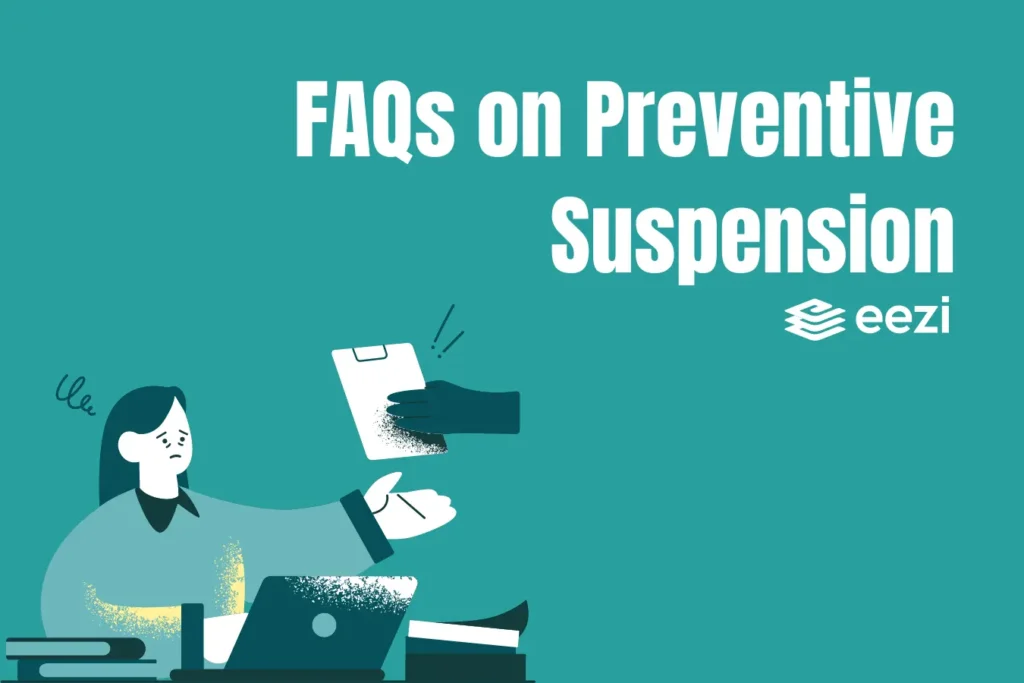
What are the different kinds of suspension?
Suspension, generally speaking, is a sanctioned form of penalty for an offense committed.
Otherwise, suspension can be used as a measure to ensure that actions taken towards an employee pending investigation are not biased or prejudiced.
This form is known as preventive suspension and is generally applied to the workplace environment.
What is an illegal dismissal?
Illegal dismissal happens when an employer terminates a worker without compliance with the law or due process of law.
Suppose it is determined that an employee has been illegally terminated. In this case, the employer may be required by law to reinstate the employer. In addition, the company must provide them with full back pay, as well as other fees. This may include moral damages, exemplary damages, nominal damages, and attorney fees.
Smoother employee tracking with eezi
Ensure a smooth and amicable work relationship between you and your employees. Delegate employee productivity and workplace ethics tasks to eezi!
